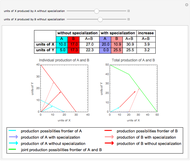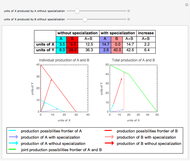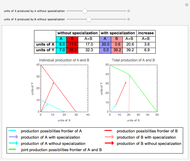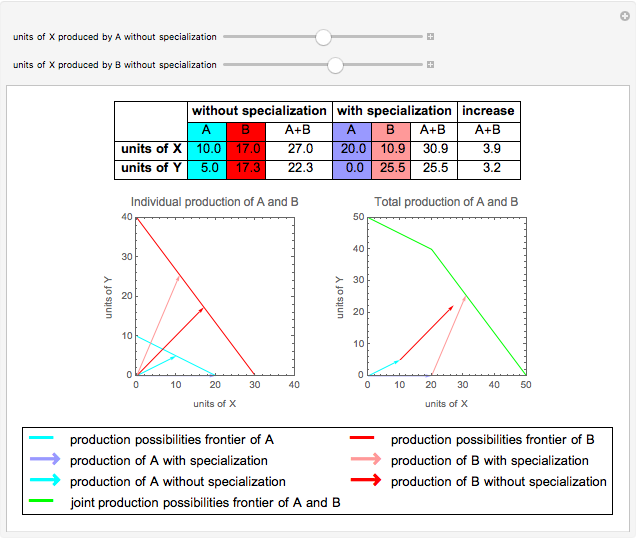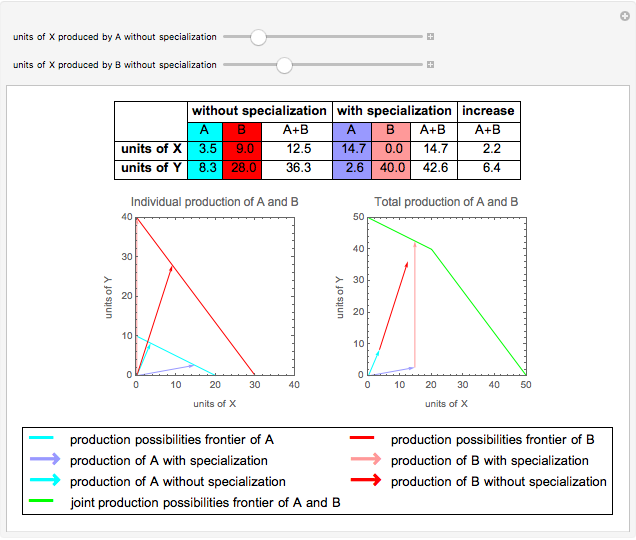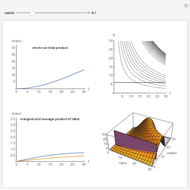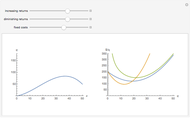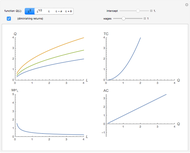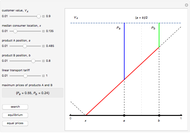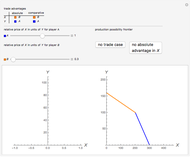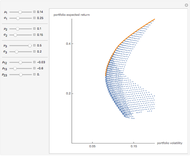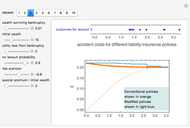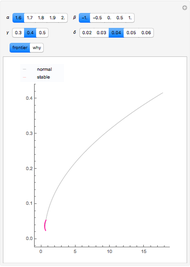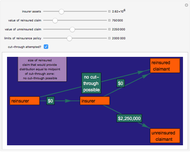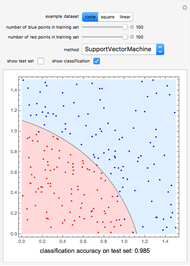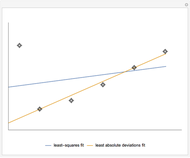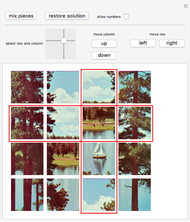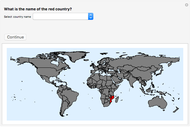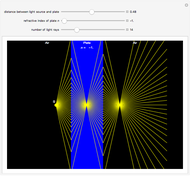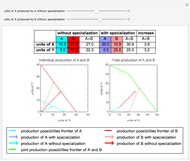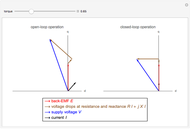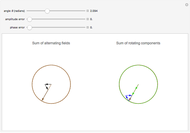Efficient Total Production through Specialization

Requires a Wolfram Notebook System
Interact on desktop, mobile and cloud with the free Wolfram Player or other Wolfram Language products.
This Demonstration presents an economic model of two producers A and B that produce two goods X and Y. It is shown how specialization leads to an efficient total production. A and B can benefit from the increased total production through trade.
Contributed by: Frank Brechtefeld (October 2012)
Open content licensed under CC BY-NC-SA
Snapshots
Details
The production possibilities frontiers of the two producers A and B are assumed to be linear. Producer A has a comparative advantage in the production of X. Producer B has a comparative advantage in the production of Y.
You can use the sliders to determine the production of A and B without specialization. Without specialization, the total production of A and B is not efficient, that is, the total production of A and B is not on the joint production possibilities frontier of A and B.
It is shown that specialization can increase the total production of A and B for both goods X and Y. An efficient total production can only be achieved if either A or B specializes in producing the good in which they have a comparative advantage.
In the case of specialization A can produce  =20 units of X. B can produce
=20 units of X. B can produce  =40 units of Y in the case of specialization. It depends on the ratio
=40 units of Y in the case of specialization. It depends on the ratio  /
/ whether A or B should specialize. If
whether A or B should specialize. If 
 /
/ , A must specialize in the production of X. If
, A must specialize in the production of X. If  /
/ , B must specialize in the production of Y, where
, B must specialize in the production of Y, where  denotes the units of X and
denotes the units of X and  denotes the units of Y produced by A and B together.
denotes the units of Y produced by A and B together.
Permanent Citation
"Efficient Total Production through Specialization"
http://demonstrations.wolfram.com/EfficientTotalProductionThroughSpecialization/
Wolfram Demonstrations Project
Published: October 29 2012

